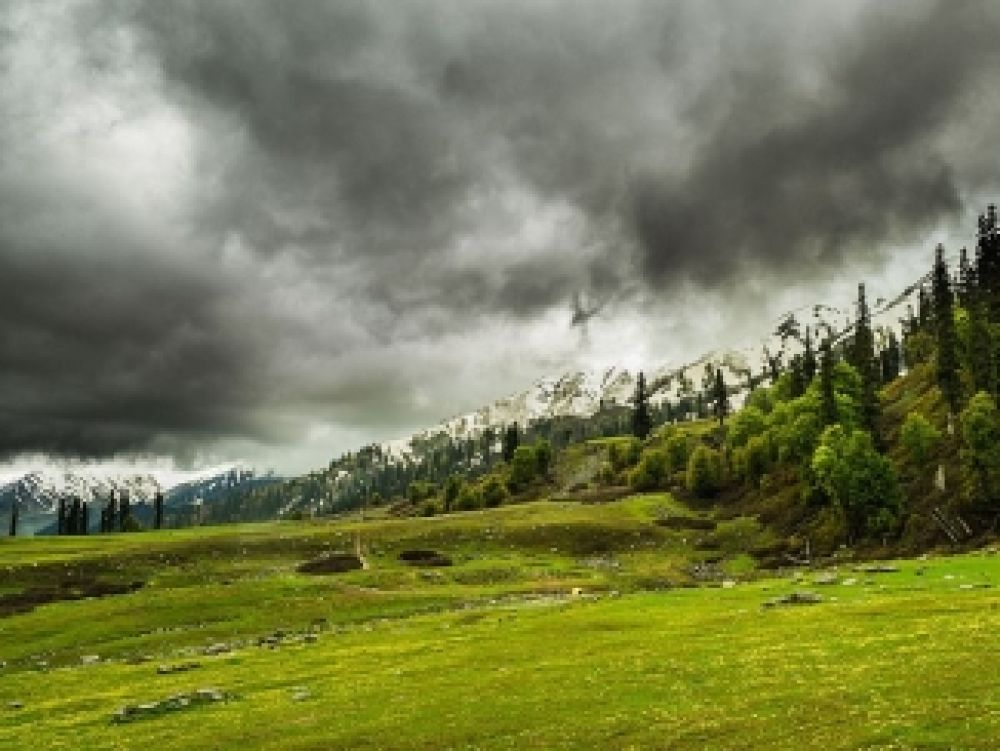

The serene and picturesque meadow of Lienmarg, situated in the enchanting region of Gulmarg in Kashmir, India, has a rich history that intertwines with the evolution of tourism in the area. Gulmarg, which translates to 'meadow of flowers', is a popular hill station and ski resort known for its lush landscapes, vibrant flower-laden pastures, and breathtaking views of snow-capped mountains.
The discovery of Gulmarg as a tourist destination dates back to the 16th century when Sultan Yusuf Shah of the Chak Dynasty frequently visited the verdant meadows with his companions to enjoy the spectacle of wildflowers in bloom. However, it wasn't until the 19th century during the British Raj that Gulmarg began to gain prominence as a summer retreat for British officials seeking respite from the heat of the Indian plains.
By the late 19th and early 20th centuries, Gulmarg had developed into a premier resort for the British elite. They established the Gulmarg Golf Club in 1902, which is now one of the highest green golf courses in the world. The development of hotels and guest houses followed as more tourists began flocking to the region to enjoy its cool climate and natural beauty.
After India gained independence in 1947, Gulmarg and its surrounding areas like Lienmarg continued to prosper as a tourist destination. Subsequent governments recognized the potential of Gulmarg as a hub for winter sports, which led to the development of skiing infrastructure and the establishment of the Indian Institute of Skiing and Mountaineering in 1969.
Gulmarg's tourism heavily relies on the seasons. It transforms into a winter wonderland, providing a range of activities such as skiing, snowboarding, and ice-skating, with the Gondola lift being one of the highest in the world reaching an altitude of nearly 4,000 meters. Summer in Gulmarg and Lienmarg is equally appealing with opportunities for trekking, mountain biking, and gondola rides to enjoy the panoramic views of the Kashmir Valley.
Today, the region experiences a diverse influx of tourists, including adventure enthusiasts, honeymooners, and nature lovers. The latest tourism trends in Lienmarg and Gulmarg involve eco-tourism with a focus on preserving the pristine environment. Sustainable practices are being promoted to ensure that the fragile ecosystem remains intact for future generations to enjoy. Moreover, there has been a rise in the popularity of homestays, providing travelers a more authentic experience of the local culture and hospitality.
In conclusion, the history of tourism in Lienmarg, Gulmarg, and the wider Kashimiri region is a testament to its enduring allure and constant evolution. Despite facing challenges over the years, the natural splendor and cultural richness continue to make this one of the most sought-after destinations in India.